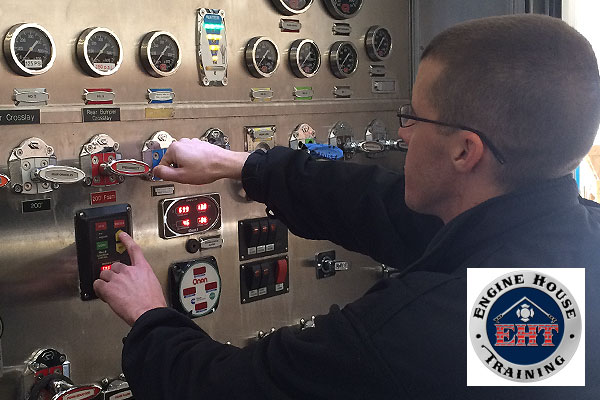
By Brian Zaitz
A carpenter, no how good a craftsman, is somewhat useless without his hammer and nails. The same can be said for a firefighter without his tools and hose: no matter how smart and physically able, we are all only as effective as our tools. For this reason, we check our apparatus and equipment on a routine basis, whether it be at the start of the shift or during our weekly drill night. The importance of this essential task and the time afforded to it cannot be overstated. This is an opportunity to review and train–yes, train–on the tools of our craft.
When conducting the truck check, do not simply open the compartments and do a “head count” of tools.
- Pull out the saws, start them, and check to ensure they are full on fuel and oil. Review their operation and consider “when, where, and how” you would use this particular tool on the fireground. If you are drawing a blank, then you’ve found your company training for the day.
- Remove the hand tools, equipment such as the halligan, ax, and pike pole. Ensure that they are free from rust, the edges are honed appropriately, and the ax head is on tight.
- Check your hose. Are all loads correct, and do they meet your standards? If not, pull them off and reload them. Again, this is your apparatus for the tour; own it and make it yours. Check the nozzles. Are they set correctly? Are they tight to the coupling? Are they free from debris and obstructions? The time to find out a nozzle is broken is not crawling down a hallway under heat conditions.
- Check your self-contained breathing apparatus (SCBA). You should have already done this, but if not, take the time now. Is it full, correctly set up for donning by you specifically, and are all the gauges correct and not broken? This is your lifeline in the building. No one but you is responsible for your SCBA.
- Check the apparatus fluids and start the apparatus, let it run, and check and run the pump. Is the pump able to draw a prime? Are all the gauges operating correctly? Does the pump and engine sound right? Operate all emergency lighting and scene lighting.
- Once you have completed a thorough check of the apparatus, wash it. Yes, give it a bath. First, it likely needs it, because we all know the shift before us does nothing and the shift after us is not going to do anything. It is up to us to make it happen. Washing the truck as a crew also builds team pride and camaraderie. The citizens of your community have given you the privilege and honor to serve them and provided you with that apparatus–show it that the same level of respect.
The daily or weekly apparatus checks are a critical function as they provide an opportunity to review equipment placement on the apparatus, refresh your crew on tool and equipment operations, perform functional tests of equipment, and get everyone’s head in the game. Do not cut the truck check short. This is an essential element your crew’s operation and safety during the tour. Take the time your next duty shift or training and check your apparatus.
Download this training bulletin as a PDF HERE (203 KB)
 Brian Zaitz is a 14-year student of the fire service, currently assigned as the captain/training officer with the Metro West (MO) Fire Protection District. Brian is an instructor with Engine House Training, LLC as well as instructor at the St. Louis County Fire Academy. Brian holds several degrees, including an associates in paramedic technology, a bachelors in fire science management, and a masters in human resource development. Brian is currently and accredited chief training officer and student of the National Fire Academy’s Executive Fire Officer Program.
Brian Zaitz is a 14-year student of the fire service, currently assigned as the captain/training officer with the Metro West (MO) Fire Protection District. Brian is an instructor with Engine House Training, LLC as well as instructor at the St. Louis County Fire Academy. Brian holds several degrees, including an associates in paramedic technology, a bachelors in fire science management, and a masters in human resource development. Brian is currently and accredited chief training officer and student of the National Fire Academy’s Executive Fire Officer Program.
MORE THROW BACK TO BASICS


